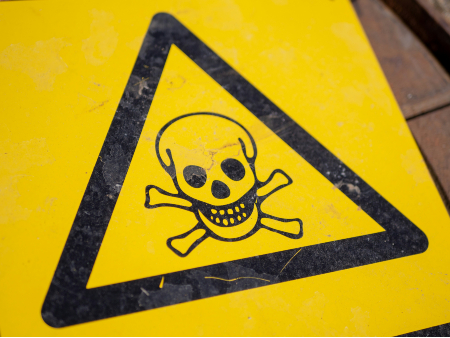“`html
Quick Bytes
- Lawmakers call for an investigation into the environmental impact of abortion pills.
- Mifepristone’s effects on the water supply raise concerns among senators.
- Chemical abortions have increased, with 63% of U.S. abortions being medication-induced in the last year.
- Senators question the adequacy of environmental studies on mifepristone from 1996.
Examining the Environmental Impact of Abortion Medications
Recent concerns have surfaced regarding the potential environmental effects of the abortion pill, mifepristone, prompting lawmakers to seek an investigation by the Biden administration.
In a letter dated May 29, Senator Marco Rubio, Representative Josh Brecheen, and others addressed the head of the Environmental Protection Agency, highlighting worries about mifepristone contaminating the water supply. This drug, used in chemical abortions, is known to block essential hormones and is typically self-administered, leading to its metabolites entering wastewater systems. The senators pointed out the sharp increase in medication-induced abortions, citing a study that showed a rise from 24% in 2011 to 63% in recent years.
The lawmakers expressed doubts about the thoroughness of the environmental assessments conducted for mifepristone, which was approved by the FDA in 2000 based on a study from 1996. They argued that the potential impact of both the drug and the human fetal remains on the environment was not adequately considered. With the prevalence of the drug significantly higher today, they urged for updated and repeated studies to assess its environmental implications accurately.
A response to their concerns has been requested by July 15, indicating the urgency with which the lawmakers are treating this issue.
Image Credits
- Photo credit: Mikael Seegen
Source link
“`



